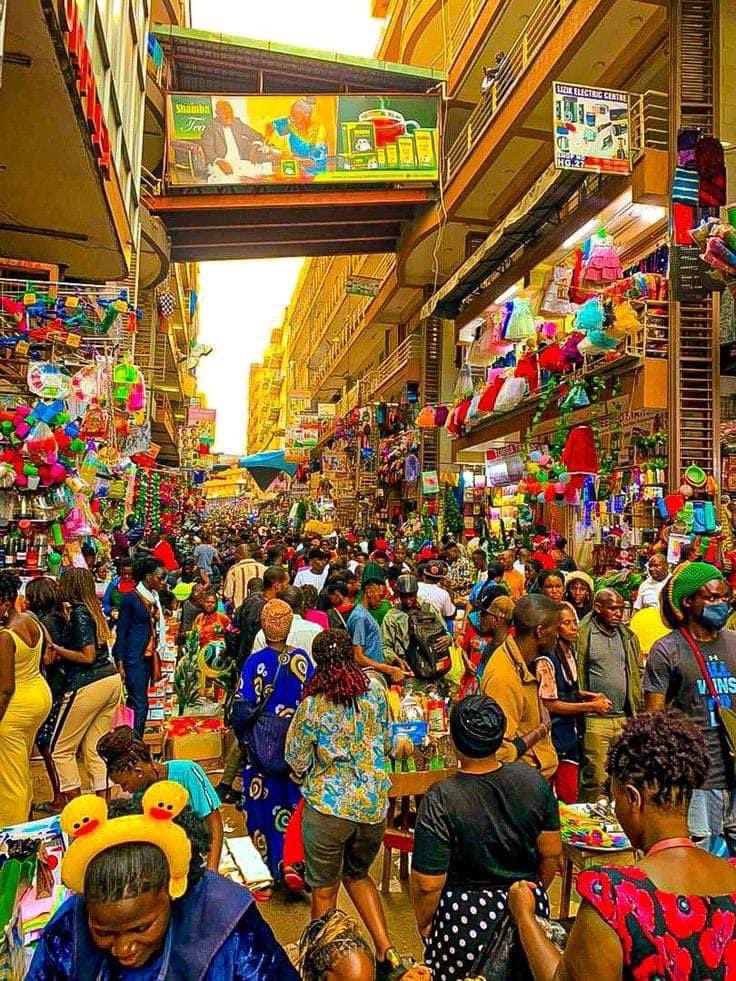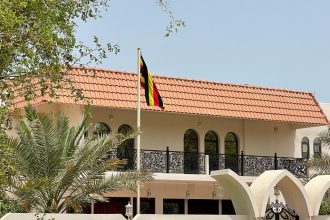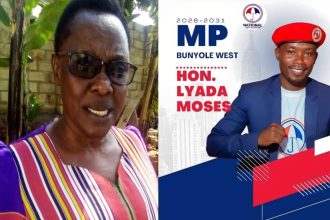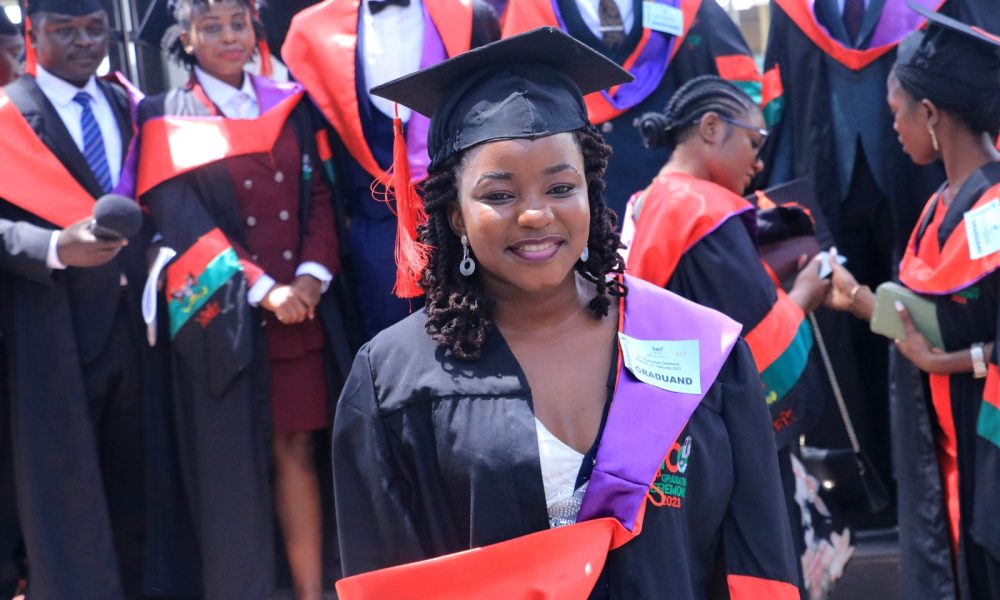The recent meeting between President Museveni and selected traders, following a lengthy six-hour wait, resulted in a sense of partial victory for both parties involved. While the President deftly navigated the negotiations, addressing key concerns raised by the traders, critical analysis reveals some lingering uncertainties.
The meeting at State House Entebbe concluded after a lengthy six-hour wait, lasting until almost midnight.
According to a trader who attended the meeting, there was a sense of partial victory among the traders following the meeting. However, Ibrahim Bbosa, the assistant commissioner in charge of public and corporate affairs for the taxman, emphasized that the President reiterated his stance against tax non-compliance.
Traders representing various associations, including Kampala Capital Traders Association (Kacita), Federation of Uganda Traders Associations (Futa), and others, convened at State House Entebbe. Government officials, including ministers from finance and Kampala, as well as Uganda Revenue Authority (URA) representatives, were also present.
The talks primarily centered on issues such as the perceived unfairness of Value Added Tax (VAT), challenges with the implementation of the Electronic Fiscal Receipting and Invoicing System (Efris), import duties on fabrics and garments, withholding tax, and the presence of Chinese retailers in downtown Kampala.
Regarding VAT, President Museveni expressed alignment with the traders’ concerns but deferred immediate action, opting instead for further analysis by government technocrats. He also ordered the cessation of Efris enforcement and the suspension of associated penalties, offering traders temporary relief.
The contentious rollout of Efris by URA officials sparked protests among Kampala-based traders, leading to temporary closures of shops. Traders cited a lack of awareness and difficulties with compliance as major grievances.
While some issues saw temporary resolutions, matters such as import duties and withholding tax remained unresolved. Traders acknowledged a sense of breathing space provided by the President but expressed anticipation for comprehensive solutions.
President Museveni confirmed the discussions, highlighting key topics such as Efris’ unsuitability, VAT calculations, and proposed VAT threshold adjustments. He committed to further research before making decisions and scheduled a subsequent meeting with technocrats on April 24, followed by a conclusive gathering with traders on May 7 at Kololo Independence Ceremonial Grounds.
During the meeting, URA Commissioner General John Musinguzi Rujoki provided insights into tax structures, including the rationale behind multiple VAT charges throughout the supply chain. However, concerns persist regarding the potential loss of tax revenue if VAT were calculated differently.
Traders emphasized the importance of addressing these concerns comprehensively during the upcoming meeting with President Museveni. They await clarity on issues such as VAT calculation methods and import duties, crucial for their businesses’ sustainability.
URA spokesperson Ibrahim Bbosa confirmed the President’s intention to further examine traders’ grievances and make informed decisions following consultations with technocrats.




















